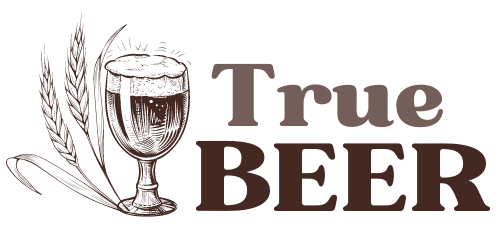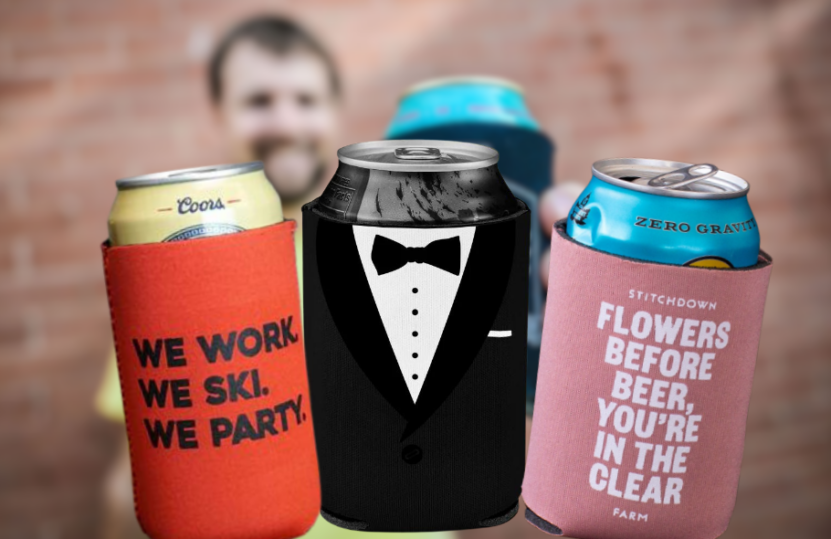In the world of beverage holders, there’s a debate that has been brewing for years: is it “koozie” or “coozie”? This seemingly simple question has sparked countless discussions, and if you’ve ever found yourself in the middle of one, you know how passionate people can be about their preferred spelling.
In this article, we’ll dive deep into the origins, the correct usage, and the cultural implications of these two terms. So, grab your favorite drink, nestle it into your preferred beverage insulator, and let’s get started.
The Origins of the Word
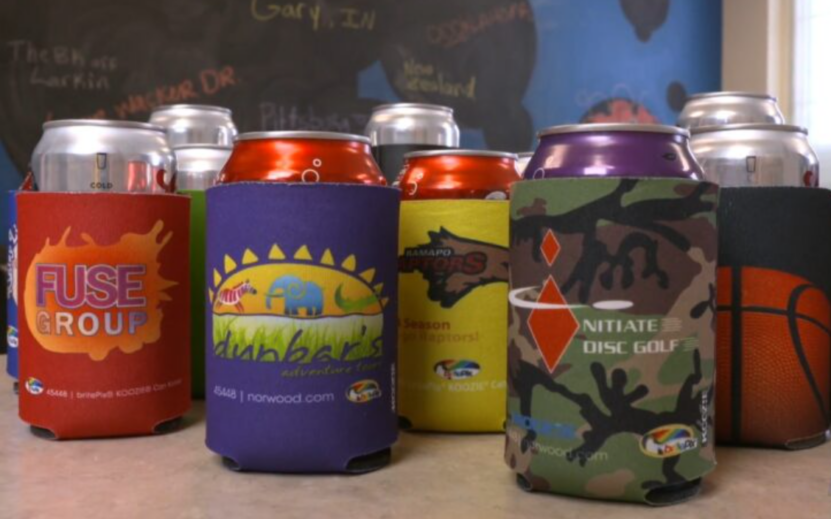
Before we can determine which spelling is correct, it’s essential to understand where the word comes from. The term, regardless of its spelling, refers to a fabric or foam sleeve designed to insulate a beverage container, keeping it cold for longer. But how did we come to call it a koozie or coozie?
The Birth of the Koozie: The term “koozie” is believed to have been trademarked in the 1980s by a company in Texas. They introduced the product as a means to keep drinks cold during the hot summer months. The name “koozie” was catchy, memorable, and soon became synonymous with the product itself.
Alternative Spellings Emerge: As with many popular products, imitations began to appear on the market. To avoid trademark issues, some manufacturers started using alternative spellings, like “coozie.” This divergence is likely where the confusion began.
The Trademark Dilemma
One of the primary reasons for the debate around the spelling is the issue of trademarking. When a term becomes so popular that it starts being used generically, there’s a risk of the trademark becoming “genericized.”
The Koozie Trademark: The original “koozie” trademark has undergone several legal battles. Over time, as more people began using the term generically to refer to any insulated beverage holder, the strength of the trademark weakened.
Genericide and Its Implications: Genericide occurs when a brand name becomes so popular that it’s used as a generic term for a product or service. Think of “Kleenex” for tissues or “Band-Aid” for adhesive bandages. When this happens, the original trademark can be at risk of becoming unenforceable.
Cultural Preferences and Regional Variations
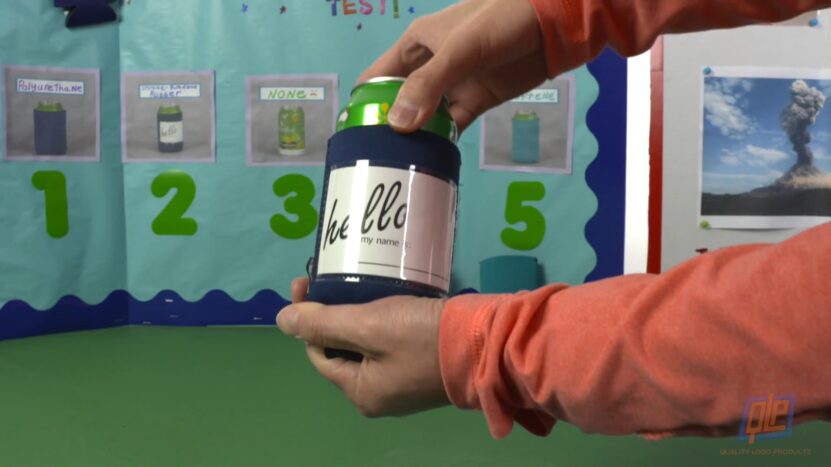
Language is a living entity, constantly evolving based on cultural and societal influences. The preference for “koozie” or “coozie” can sometimes be traced back to regional dialects or local vernacular.
North vs. South: Some anecdotal evidence suggests that certain regions in the U.S., particularly in the South, might prefer “coozie,” while “koozie” might be more popular in other areas.
The Influence of Pop Culture: Movies, TV shows, and music can play a significant role in popularizing certain terms over others. A popular song or a memorable movie scene can cement a term in the public’s mind.
The Verdict: Which One Is Correct?
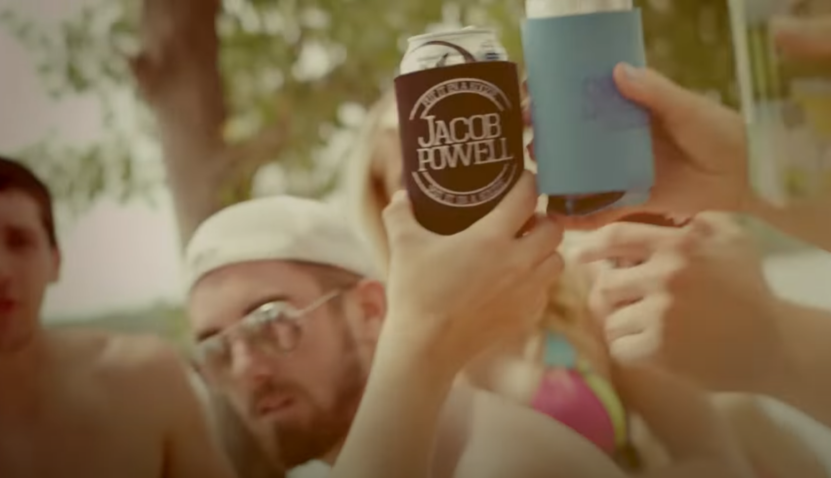
The debate between “koozie” and “coozie” is more than just a matter of spelling; it’s a reflection of the interplay between legal trademarks, cultural shifts, and the fluid nature of language. Let’s delve deeper into the verdict.
Respecting Trademarks: The Case for “Koozie”
When discussing the original product from the Texas company, “koozie” stands out as the correct term. Here’s why:
- Historical Precedence: The term “koozie” was first trademarked in the 1980s, giving it a historical edge. This trademark not only denotes a specific brand but also sets a standard for how the product should be referred to in official contexts.
- Brand Identity: Just as we wouldn’t use “iPhone” to describe all smartphones, using “koozie” specifically for the product from the original company respects the brand’s identity and its unique place in the market.
- Legal Implications: Trademarks are legally protected. Using the term “koozie” to describe similar products from other companies could potentially lead to legal complications. It’s essential to be aware of this, especially in commercial contexts.
In Everyday Use: The Case for “Coozie”
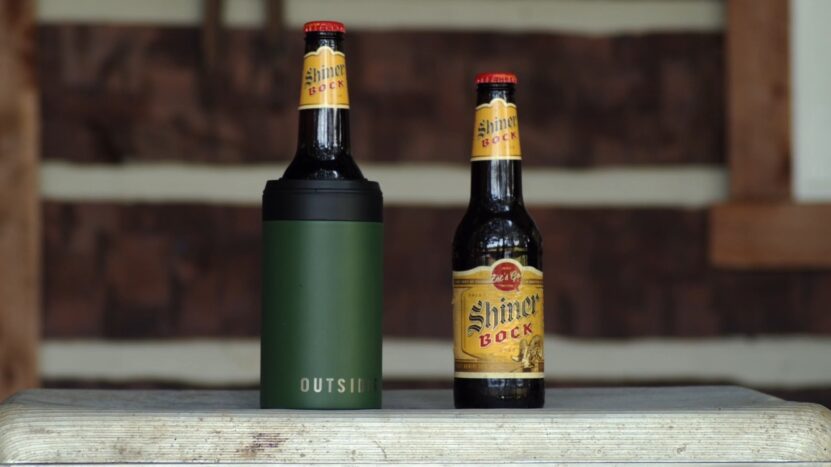
While “koozie” has its roots in trademark law, the term “coozie” has found its way into the vernacular of many. Here’s why “coozie” is just as valid in everyday conversations:
- Language Evolution: Language is not static; it evolves based on societal needs and cultural shifts. If a significant number of people have adopted “coozie” as their term of choice, it becomes a part of the living language.
- Colloquial Acceptance: In informal settings, the strict rules of trademarks don’t apply. Just as “soda” and “pop” coexist to describe carbonated beverages, “koozie” and “coozie” can both find a place in our lexicon.
- Regional Variations: Just as some regions prefer “soda” over “pop” or “lorry” over “truck,” the preference between “koozie” and “coozie” can be influenced by regional dialects and local vernacular.
Balancing Both Worlds
In conclusion, while “koozie” holds the official trademark and represents a specific brand, “coozie” has earned its place in everyday language. It’s a testament to the product’s popularity and the dynamic nature of language. Whether you’re writing a formal article or chatting with friends at a barbecue, being aware of the context will guide you in choosing the appropriate term.
Embracing Both Terms

At the end of the day, whether you call it a “koozie” or a “coozie,” the purpose remains the same: to keep your drink cold and your hands warm. Instead of getting bogged down in debates over spelling, why not celebrate the diversity of language and the innovation of such a handy product?
- The Beauty of Language Evolution: Language is always changing, adapting, and growing. The “koozie” vs. “coozie” debate is just one example of how words can evolve over time.
- Choosing Your Camp: Whether you’re team “koozie” or team “coozie,” wear your allegiance with pride. After all, it’s all in good fun.
FAQs
Why did alternative spellings like “coozie” emerge in the first place?
Alternative spellings often arise to avoid potential trademark infringements. As “koozie” became popular and synonymous with insulated beverage holders, other manufacturers likely adopted variations like “coozie” to market similar products without violating the original trademark.
Are there other spellings or terms used for this product apart from “koozie” and “coozie”?
Yes, while “koozie” and “coozie” are the most debated terms, there are other names like “beer hugger,” “can cooler,” and “drink sheath” that people use regionally or colloquially to describe similar products.
If I’m starting a business selling these products, which term should I use?
If you’re starting a business, it’s essential to be aware of trademark laws. Using “koozie” might be problematic if it’s still a protected term. It’s always a good idea to consult with a legal expert and consider using a generic term or even coming up with a unique brand name for your product.
How can I tell if a product is an original “koozie” or just a generic version?
The original “koozie” would likely have branding or labeling indicating it’s from the trademarked company. Generic versions might not have any branding or could carry the branding of various other companies. Checking the product’s packaging or tags can provide more clarity.
Do “koozies” and “coozies” differ in quality or design?
The terms “koozie” and “coozie” refer to the spelling and potential brand, not the quality or design. Quality can vary among manufacturers, regardless of the term they use. It’s always best to check product reviews or specifications to gauge quality.
Has the debate over “koozie” vs. “coozie” impacted the product’s popularity?
The debate over the spelling hasn’t negatively impacted the product’s popularity. If anything, the discussion has brought more attention to the utility and convenience of these beverage insulators, making them a staple in many households and events.
Conclusion
The debate over “koozie” vs. “coozie” is a fascinating glimpse into the world of language, trademarks, and cultural evolution. While “koozie” might have the edge in terms of historical accuracy and trademark rights, “coozie” has found its place in the hearts and vocabularies of many.
Whichever term you prefer, raise your insulated beverage high and toast to the quirks and intricacies of the English language. Cheers!
